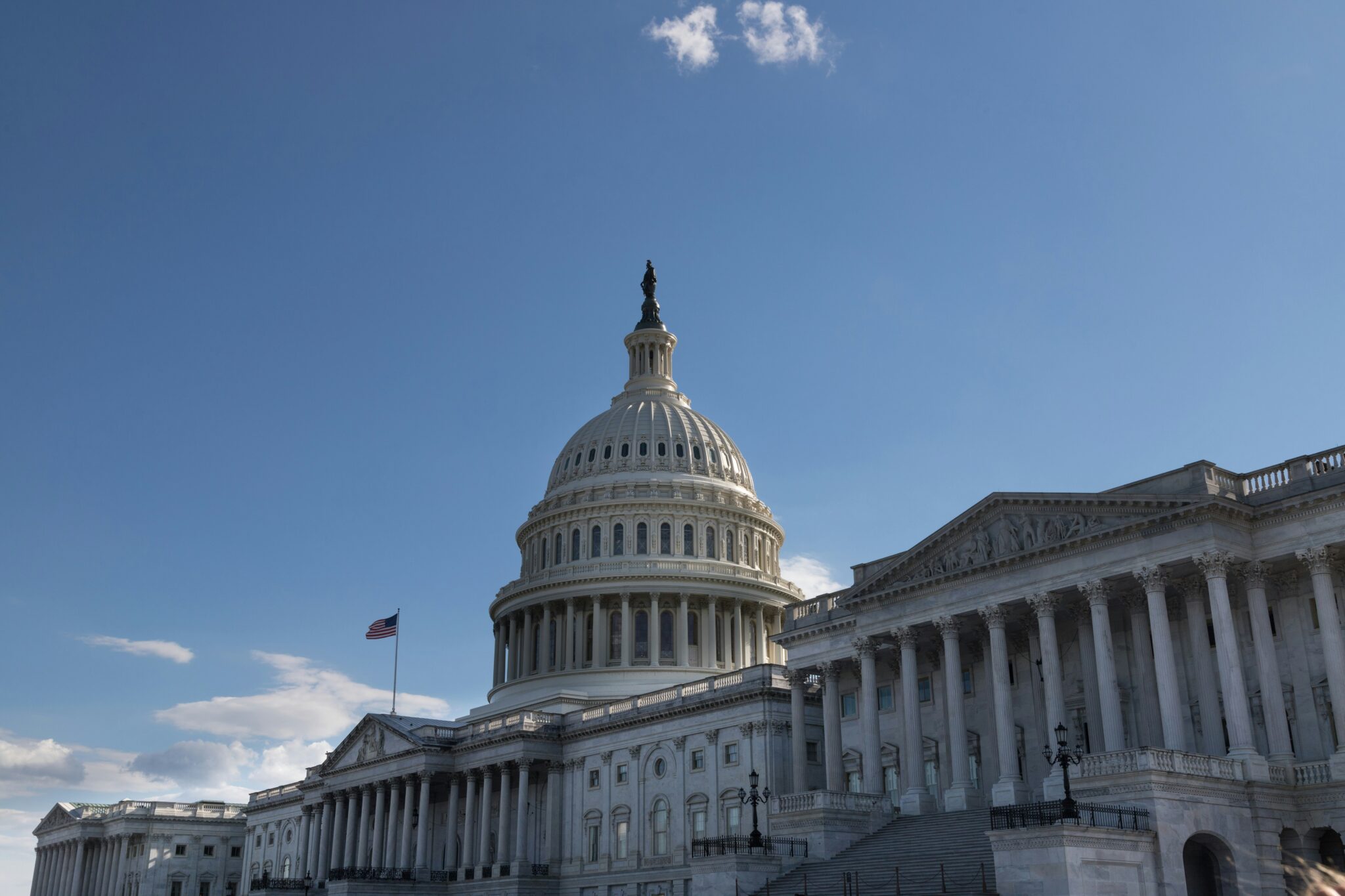Boston's Big Dig has become a poster child for irresponsible management of a federally funded public works project. This behemoth of a highway project teaches a lesson on just about every mistake that could be made when managing government contracts.
All told this project will cost a total of $14.6 billion dollars – a far cry from the $8 billion figure that was originally used to gain public approval and federal funding for the largest public works project in U.S. history. Of the total amount, federal taxpayers will pick up the tab for 60% of the costs, or about $8.4 billion. As reported in the Boston Globe this week, the root of the problem can be narrowed down to the relationship the state developed with their lead consultant.
The lead design firm and manager of this project is Bechtel – an engineering firm that is renowned for their work on the Hoover Dam, the Alaska oil pipeline, and the English Channel Tunnel.
The state's contract with Bechtel provided endless incentives to allow cost overruns. To begin with, all of Bechtel's employees are paid on an hourly basis, making it more lucrative to have delays or mistakes occur, even if they are responsible for them. At times, the state has even paid overtime rates for Bechtel to fix their own mistakes – in fact, more than 10 percent of the contract work has been overtime. The original contract also guaranteed Bechtel a minimum 7 percent profit and capped their liability at $100 million — a figure that is chump change in comparison to the $1.1 billion in cost overruns that have been the direct result of Bechtel's mistakes.
$357 million of the cost overruns can be attributed to contractors finding discrepancies between actual conditions and Bechtel designs. Labor and material costs that were the result of incomplete designs make up for another $737 million. The most ridiculous example of Bechtel's incompetence is a project design that showed the capability to lay utility lines in an “unobstructed” location where the FleetCenter arena happens to be situated. In other cases, Bechtel didn't provide contractors complete designs before project bids were due, they neglected to perform surveys that are standard industry practice, and they ignored gaps in a dam, which resulted in a massive flood that cost at least $41 million.
Fast forward to 2003 and state officials are now scrambling to get their Legislature to pass a bill that will allow them to pursue cost overruns that are past the statute of limitations. Despite the existence of a Cost Recovery Committee, only $35,707 has been recovered to date. The state only set up the committee in 1994 at the command of the federal government. In 8 years of existence, the Cost Recovery Committee has approved more than 10,000 overruns for $1.4 billion, and recommended that the state pay for every single one. It's not surprising that Bechtel has been exonerated from every case against them when you consider that the state expected them to provide all the evidence against themselves.
Despite state officials' newfound sense of outrage, the fact of the matter is they have been asleep at the wheel. When reauthorization of federal transportation legislation comes up later this year, it won't be the least bit surprising if Congress is asked to approve earmarked funding for other wasteful road projects. Congress will be doing taxpayers a favor if they start demanding a little more accountability for these funds.










